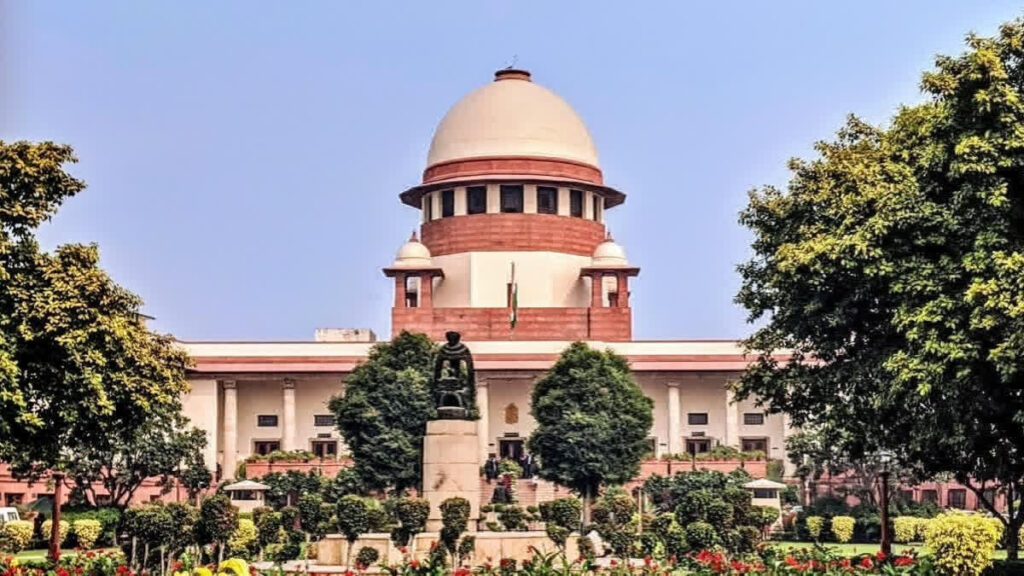Jahanvi Agarwal
The Supreme Court on 28th August 2024 expressed strong disapproval of a Madhya Pradesh High Court ruling that granted custody of a two-and-a-half-year-old child to her father solely based on the fact that he is the natural guardian. The Court found this approach deeply flawed, emphasizing that the child’s welfare, rather than the legal rights of the parents, should be the paramount consideration in custody disputes.
Justice Abhay Oka, sitting alongside Justice Augustine George Masih, expressed strong disapproval of the High Court’s approach in a child custody case, emphasizing that the court’s treatment of the child as if they were “transferable, movable property” was not only legally unsound but deeply troubling from a moral perspective. Justice Oka criticized the High Court’s overly simplistic rationale that the father, as the natural guardian, should automatically be granted custody. He suggested that if this logic were upheld, it would reduce the complexities of custody and habeas corpus petitions involving minors to mere formalities, capable of being decided in a single paragraph. “Such a view shocks the judicial conscience and is fundamentally flawed,” he remarked, highlighting the need for a more nuanced and child-centered approach in custody matters.
The case under review involved the child’s maternal aunt, who had been caring for the child since the father’s arrest in connection with the alleged dowry death of the child’s mother. Upon his release on bail, the father, along with the paternal grandparents, filed a habeas corpus petition in the Madhya Pradesh High Court, arguing that the child was in “illegal custody” with her maternal aunt and should be returned to her biological father. The High Court agreed, directing the aunt to hand over the child within 15 days, based solely on the father’s status as the natural guardian.
However, the Supreme Court questioned the wisdom of this decision, particularly given that the child had been living with her aunt for the past two years. “For two years the child is with the maternal aunt; we can’t disturb custody like this. It will be unjust to the child,” the bench observed.
The Court also highlighted that in custody matters, the welfare of the child must take precedence over the legal rights of the parties involved. “A custody court can, in a given case, refuse to grant custody to the natural parents. It all depends on the welfare of the minor child. It is not axiomatic that the custody court will grant custody only on the basis of legal rights of the parties,” Justice Oka emphasized.
As a potential interim solution, the Bench suggested that the father be allowed to visit his daughter once every fortnight at the office of the Legal Services Authority, under the supervision of the Secretary. They also proposed involving a child psychologist to help the child gradually acclimatise to her father and paternal grandparents. The Court indicated that if the father later files a formal custody petition, the family court could consider expanding his access to the child based on her response to these supervised meetings.
Despite these suggestions, the father’s counsel resisted, citing the existing High Court order in his favour. The Supreme Court, after hearing both sides, reserved its judgment in the case.
Case Name: Somprabha Rana v. The State of Madhya Pradesh
Case Number: Crl.A. No.003821/2023
Bench: Justice Abhay Oka and Justice Augustine George Masih

